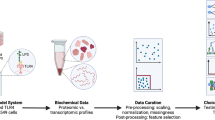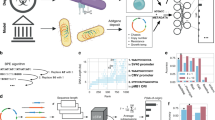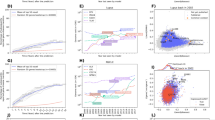Abstract
Efficient and effective information retrieval in life sciences is one of the most pressing challenge in bioinformatics. The incredible growth of life science databases to a vast network of interconnected information systems is to the same extent a big challenge and a great chance for life science research. The knowledge found in the Web, in particular in life-science databases, are a valuable major resource. In order to bring it to the scientist desktop, it is essential to have well performing search engines. Thereby, not the response time nor the number of results is important. The most crucial factor for millions of query results is the relevance ranking. In this paper, we present a feature model for relevance ranking in life science databases and its implementation in the LAILAPS search engine. Motivated by the observation of user behavior during their inspection of search engine result, we condensed a set of 9 relevance discriminating features. These features are intuitively used by scientists, who briefly screen database entries for potential relevance. The features are both sufficient to estimate the potential relevance, and efficiently quantifiable. The derivation of a relevance prediction function that computes the relevance from this features constitutes a regression problem. To solve this problem, we used artificial neural networks that have been trained with a reference set of relevant database entries for 19 protein queries. Supporting a flexible text index and a simple data import format, this concepts are implemented in the LAILAPS search engine. It can easily be used both as search engine for comprehensive integrated life science databases and for small in-house project databases. LAILAPS is publicly available for SWISSPROT data at http://lailaps.ipk-gatersleben.de
Similar content being viewed by others
Article PDF
Author information
Authors and Affiliations
Corresponding author
Rights and permissions
About this article
Cite this article
Lange, M., Spies, K., Colmsee, C. et al. The LAILAPS Search Engine: A Feature Model for Relevance Ranking in Life Science Databases. Nat Prec (2010). https://doi.org/10.1038/npre.2010.4337.1
Received:
Accepted:
Published:
DOI: https://doi.org/10.1038/npre.2010.4337.1



